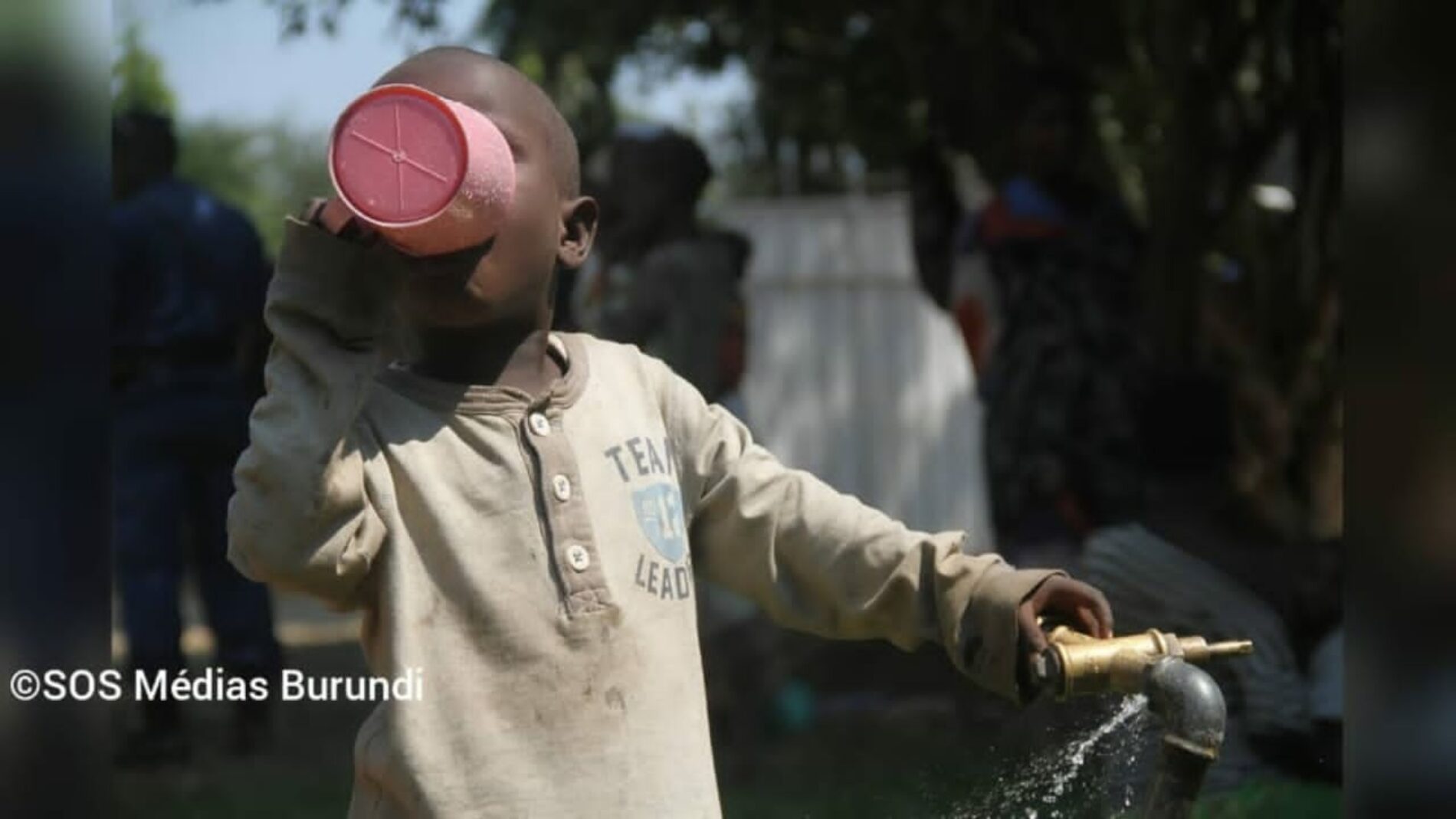Bujumbura : residents struggle to find drinking water
Drinking water has become scarce in the northern and southern neighborhoods of the commercial capital. Some neighborhoods can even go a whole week without being served. The population says they fear uncleanness-related diseases, especially since the recent cholera epidemic is still fresh in their memories. INFO SOS Médias Burundi
Inhabitants of the various neighborhoods of Bujumbura interviewed affirm that they have just spent more than three days without the slightest drop of water in their tap.
“It has become a habit. I travel every day with cans in my car, so that when I return home, I look for where to draw water”, complained a resident of the Gasekebuye neighborhood. (south of the capital).
“What is surprising is that sometimes part of the neighborhood is supplied with drinking water, while another part is not, and this for days. The height of all this is that Regideso seems not being able to find a solution to this problem”, regretted another resident of southern Bujumbura.
Residents of other neighborhoods affected by this lack of water say they have to pay for a few cans in neighboring localities. “A can of water that usually costs us two hundred francs can go up to a thousand francs”, said one of them. These residents say they can’t take it anymore. They demand from Regideso (a company responsible for supplying drinking water and electricity) quick and lasting solutions. They are afraid of catching diseases linked to the lack of hygiene.
This shortage traumatized them with the previous cholera epidemic. “Certainly, it seems to have been quickly brought under control, but we cannot be afraid”, explains a resident of Mutanga Nord, north of the commercial city. They recommend an equitable distribution of water in the neighborhoods.
On the Regideso side, it is explained that major reasons for the scarcity of drinking water are the neighborhoods that are constantly growing, but also the dilapidated state of facilities. But if the company has no solution for the first reason, it ensures that the facilities are being rehabilitated.

